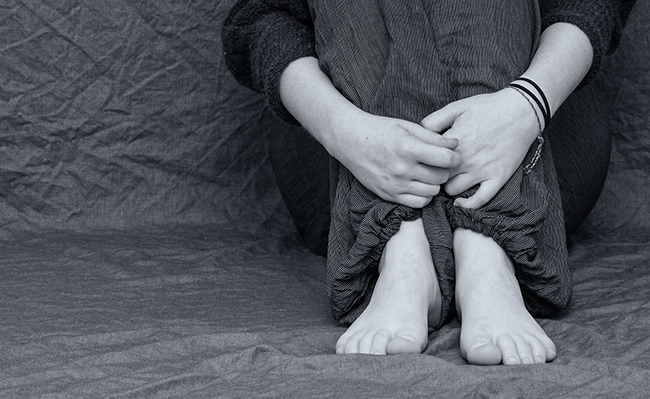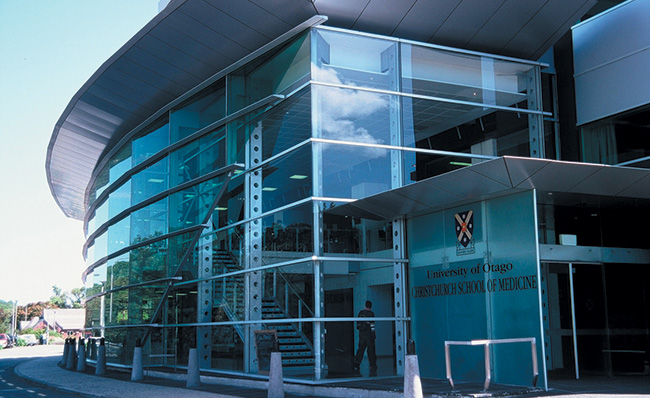Latest news

27 Mar 2024
New trial for treatment-resistant depression
Researchers at the University of Otago are recruiting for a novel trial, combini...

22 Mar 2024
Otago academics propose resuscitation strategy for doctor shortage
Aotearoa New Zealand’s doctor shortage needs urgent attention, and a group of Un...

20 Oct 2023
Paid parental leave helps protect the mental health of new mothers
Becoming a parent is a major life event, but while exciting, it carries a proven...

30 Aug 2023
CMRF Project Grant success for four University of Otago, Christchurch researchers
A simple blood test to replace the need for colonoscopies in children with infla...

25 Aug 2023
Ketamine may help treat depression but use should not become widespread
OPINION: Ketamine can be used to manage treatment-resistant depression but resea...

25 Aug 2023
Ketamine may help treat depression but use should not become widespread – editorial
Ketamine can be used to manage treatment-resistant depression but researchers wa...

04 Jul 2023
HRC grants $51 million to Otago researchers
Otago researchers have received a significant $51 million funding boost from the...

04 Apr 2023
March 15 Symposium – the psychological impacts of the Christchurch terrorist attacks
Preliminary findings from The March 15 Project were presented in a recent day-lo...

20 Dec 2022
New Zealanders still not making enough effort to be “sun safe” – study
Sunscreen alone is not enough, University of Otago researchers are reminding peo...

20 Sep 2022
Success for University of Otago, Christchurch, Researchers with CMRF Major Project Grant
Five research staff from the University of Otago. Christchurch have been awarded...

14 Jul 2022
Virtual Reality App trial shown to reduce common phobias
Results from a University of Otago, Christchurch trial suggest fresh hope for th...

29 Jun 2022
“Quake brain” effects suffered by resilient Cantabrians fade over time – study
New University of Otago research suggests the brain function of otherwise-health...